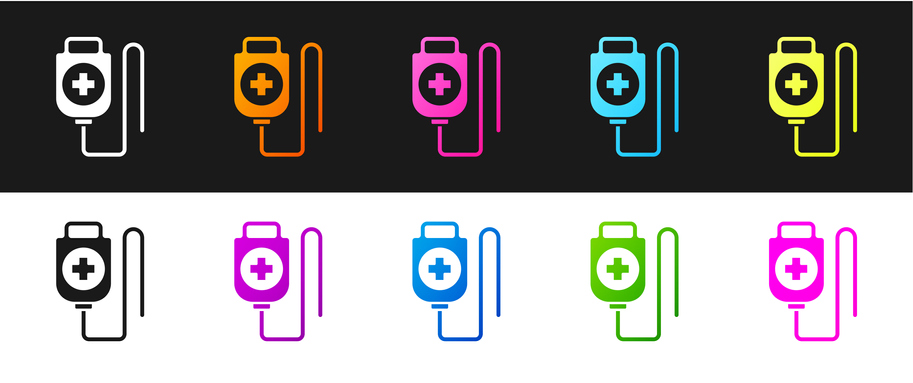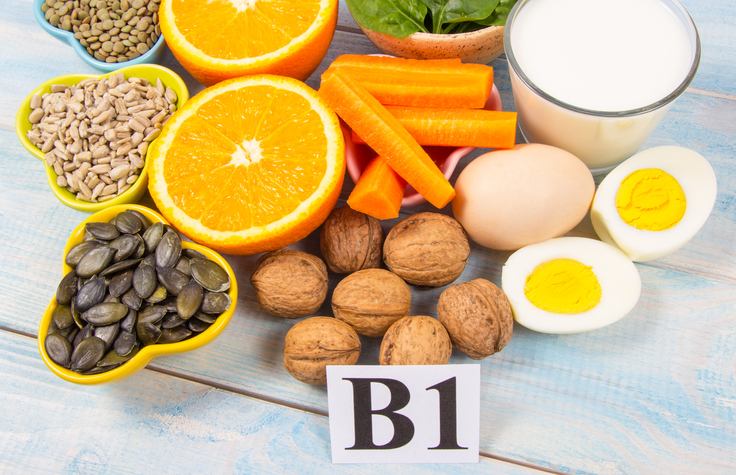IV Hydration May Help To Fight Alcohol-Related Dementia

By Joy Stephenson-Laws, J.D., Founder
Many people think about the damaging effects of drinking too much alcohol on the liver. They tend to not think so much about the damage it could do to the brain. This damage includes alcohol-related dementia (also sometimes called alcohol-related brain damage).
Take for example, the sad story of this 48-year-old woman in the United Kingdom named Maria Chilvers. According to one report, she developed alcohol-related brain damage after 20 years of heavy drinking. She said that in her younger years as a teenage babysitter, she would sometimes get paid in alcohol. Maria said at times she would drink more than 20 cans of lager a day.
“A common consequence of chronically high alcohol consumption is a decline in cognitive function, which can even progress to full-blown dementia,” according to a recent scientific report.
The report discusses the work of a group of researchers in Austria who hypothesized that cognitive decline related to alcohol abuse may be caused by the depletion of vitamin B1 (thiamine) from the body, which results in the development of iron deposits in the brain.
Drinking alcohol in excess may promote inflammation throughout the body and cause serious nutritional deficiencies and imbalances. It may also cause dehydration, and water is one of the six basic nutrients we need to live. (The others are protein, fats, carbohydrates, vitamins and minerals).

Thiamine is an essential nutrient for all the tissues in the body, including our brain tissue. To reiterate how important this nutrient is to our brain health, “A deficiency in the essential nutrient thiamine resulting from chronic alcohol consumption is one factor underlying alcohol–induced brain damage,” reports the National Institute on Alcohol Abuse and Alcoholism.
Humans mainly store B1 in the liver, however, in very small amounts. As a result, we require a continuous supply of this vitamin from our diet. Some foods that include thiamine include fortified breakfast cereals, pork, fish, beans, lentils, green peas and oranges. But if a large supply of alcohol is being put in our bodies and causing a B1 deficiency, we may have a serious problem on our hands.
“We know from neurodegenerative diseases that iron deposits in the brain are responsible for nerve tissue damage,” according to the report.
The researchers observed that iron deposits were very common in people who consumed a lot of alcohol.
“High alcohol consumption results in elevated iron levels in the blood and vitamin B1 (thiamine) deficiency, which, among other things, is important for maintaining the blood-brain barrier. If these two situations coincide, more iron will be deposited inside the brain, ultimately leading to oxidative tissue damage.”
How can we be proactive?Obviously, the easiest answer is to not drink so much if you are someone who drinks a lot of alcohol. But, of course, this is not always easy if struggling with addiction issues. If you think you have a problem, it is imperative to seek help immediately. Visit the Substance Abuse and Mental Health Services Administration (SAMHSA) for a helpline and additional resources.
Also keep in mind that drinking a lot of alcohol can wreak havoc on the immune system, and we especially need our immune systems in top shape due to the threat of COVID-19 and with the flu season quickly approaching.
(Read here to find out how much alcohol is too much).
I also highly recommend considering IV hydration.
IV hydration provides one of the few “cocktails” I like to have in my life.
A vitamin cocktail, (or more correctly a nutrient cocktail), is usually in the form of an IV drip. The “banana bag” (which you can read all about here) is commonly used to treat patients who have a history of abusing alcohol.
The nutrient-filled fluid in a banana bag has a yellow color, hence the name. The nutrients, such as thiamine, folate and magnesium, present in the bag are all essential to the proper functioning of our bodies (including proper functioning of the brain and liver).
IV hydration deliver these nutrient cocktails directly into the bloodstream.
And you don’t necessarily have to be having a medical issue or an emergency to utilize IV hydration drips. Many people may use IV drips to help prevent or reduce the symptoms of the common cold, a hangover (but hopefully no one will be having these anymore), jet lag, fatigue and more.
You can read more about potential benefits of the Myers’ Cocktail and additional cocktails at the pH Drip Lab, here. Also check out the nutrient injections and pushes.
Enjoy your healthy life!
Disclaimer: This article is not intended to provide medical advice. Please consult with your doctor or another competent healthcare practitioner to get specific medical advice for your situation.
The pH professional health care team includes recognized experts from a variety of health care and related disciplines, including physicians, attorneys, nutritionists, nurses and certified fitness instructors. This team also includes the members of the pH Medical Advisory Board, which constantly monitors all pH programs, products and services. To learn more about the pH Medical Advisory Board, click here.







